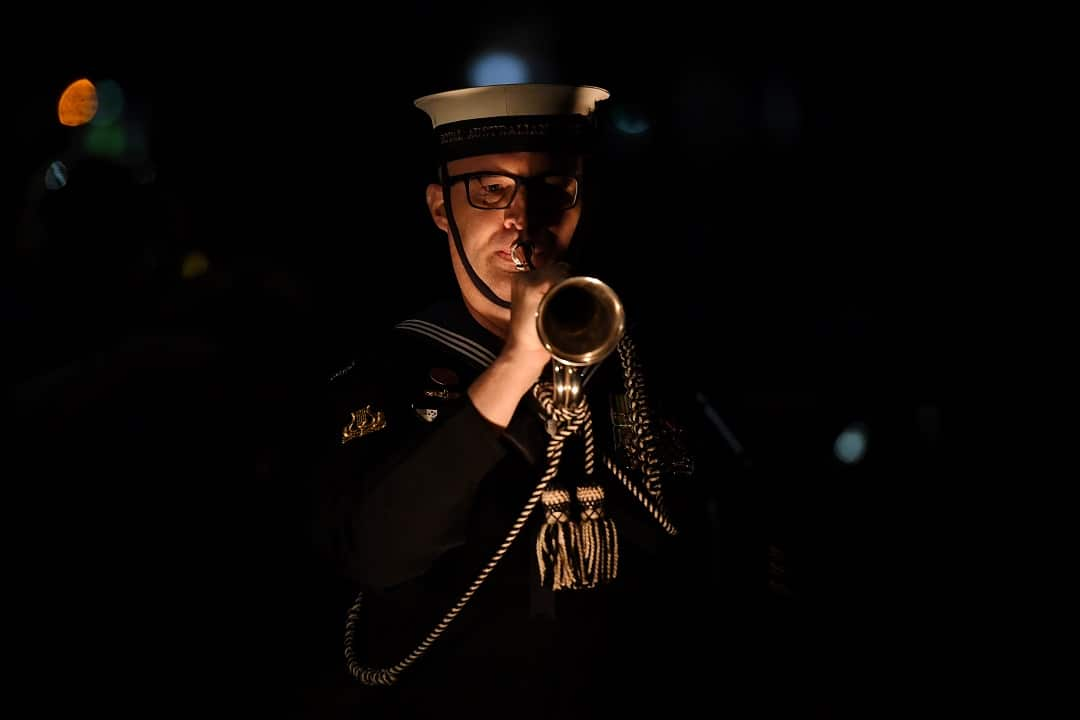Anzac Day is Australia's most sacred national holiday. It honours the tremendous sacrifices of all the Australians who have fought and died for their country since the Gallipoli landing in 1915. But are all Australians allowed to participate?
For some in Australia's German community, Anzac Day has uneasy connotations. They understand why Australia remembers its veterans, and feel deep empathy for the countless who lost loved ones. But many steer clear of the services, speeches and marches, and prefer to reflect quietly on the meaning of Anzac Day.
Image
To this day, Germans are not invited to march in the Anzac Day Parade, unlike Australia's other former-enemy, the Turks. This is no surprise, given Germans and Austrians were the instigators of two World Wars and the perpetrators of history's worst genocide - the Holocaust.
Germans are not invited to march - but would they want to?
Since World War Two, three generations of post-war Germans have been brought up with a deep sense of guilt and shame about their roles in two World Wars, and prefer to honour the victims in a "less showy" way.
Sarah Klösser is a 28-year-old journalist who is currently visiting Australia from Cologne in Germany. To her, such parades and marches in connection with the horror of war could be interpreted as glorifying it.
"Anzac Day for me is a cultural event. It helps me better understand Australia," she explained.
"In Germany, I could simply not imagine such an event as it would be seen as celebrating, even glorifying, war.
"So I suspect few Germans in Australia would actually want to march, even if offered the chance. It could be seen (to German eyes) as paying tribute to nationalism, patriotism and militarism. Not to mention the hurt it could inflict on those who might be willing to forgive, but not forget." But some say it could help heal wounds on all sides if German migrants in Australia (plus Japanese and other former enemies) were explicitly invited to participate in the Anzac Day commemorations.
But some say it could help heal wounds on all sides if German migrants in Australia (plus Japanese and other former enemies) were explicitly invited to participate in the Anzac Day commemorations.

Last Post: Eine Trompetenmelodie, die keinen Teilnehmer der Anzac Day Feierlichkeiten kalt lassen kann Source: AAP
Are they right? Could such a move help people and communities to heal? Or could it be construed as disrespectful to the dead?
Share
